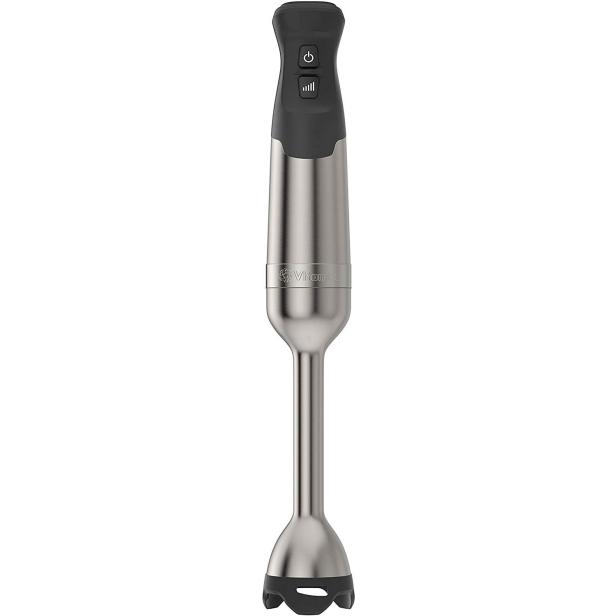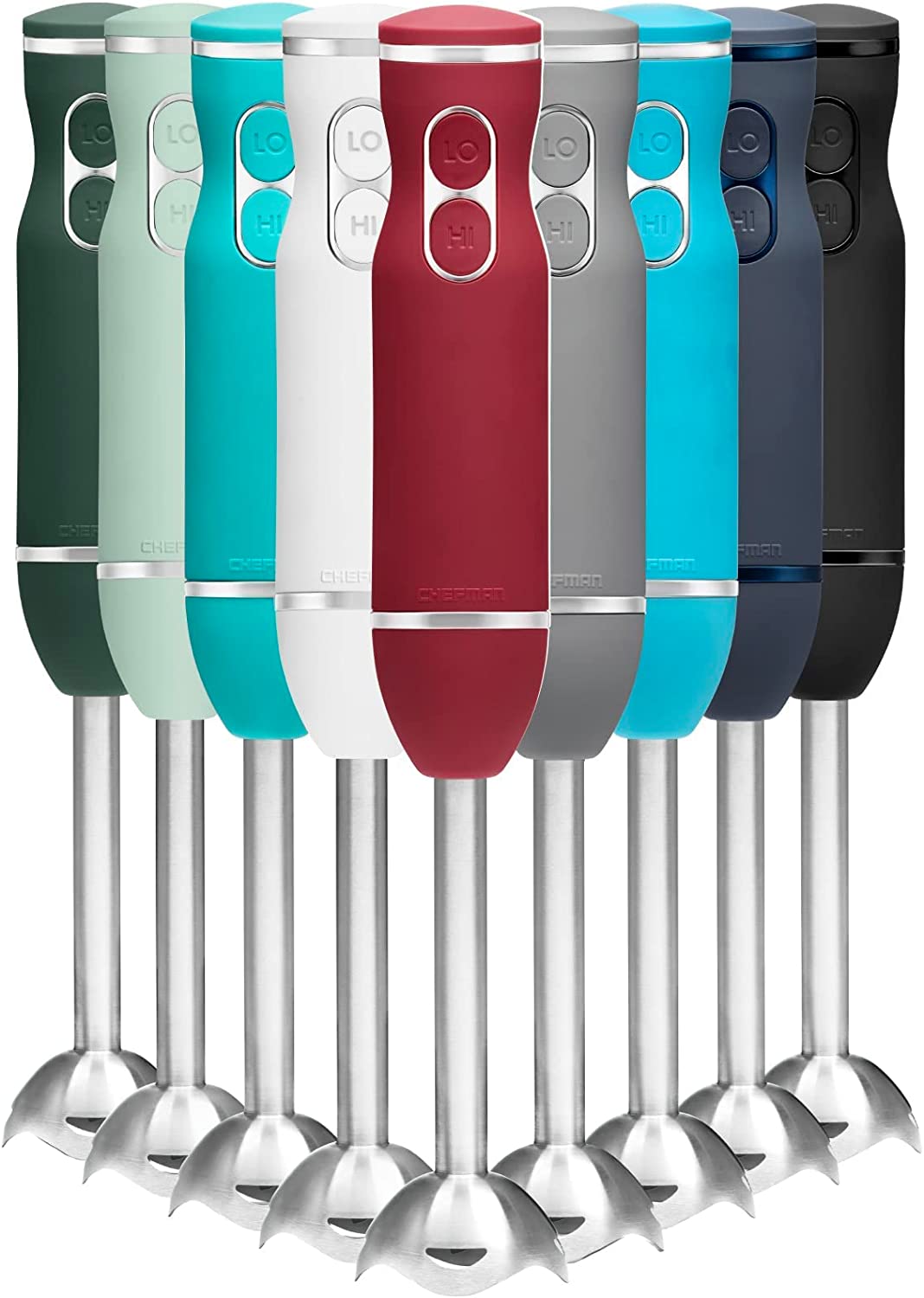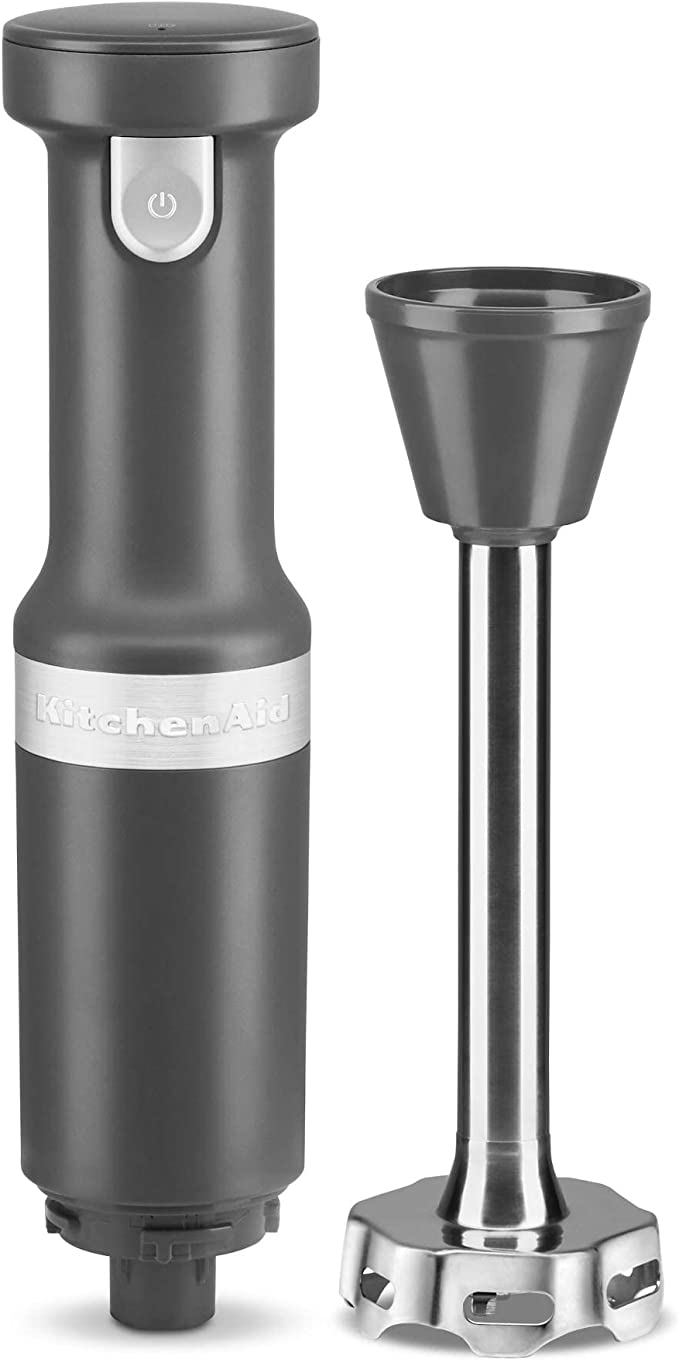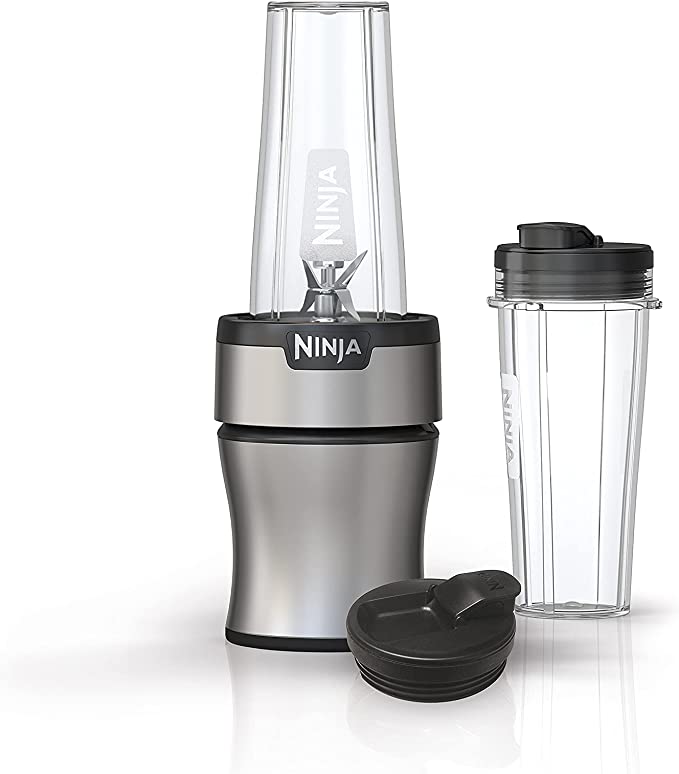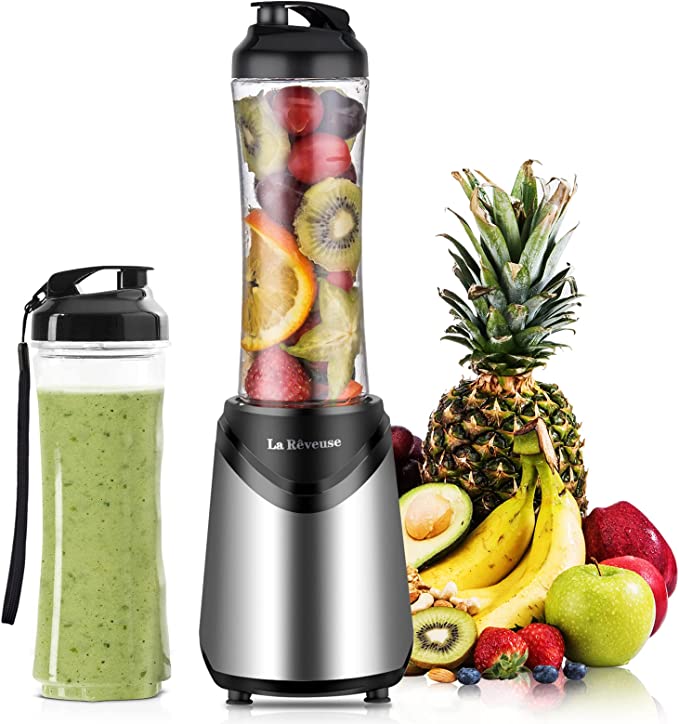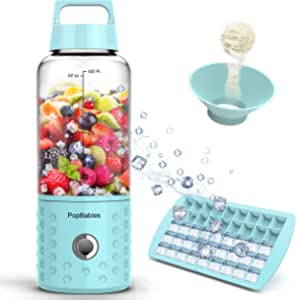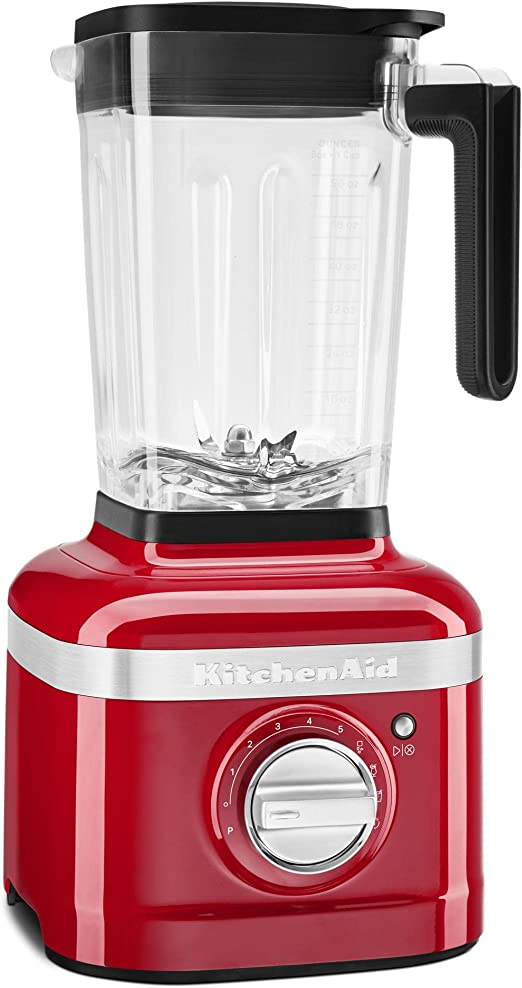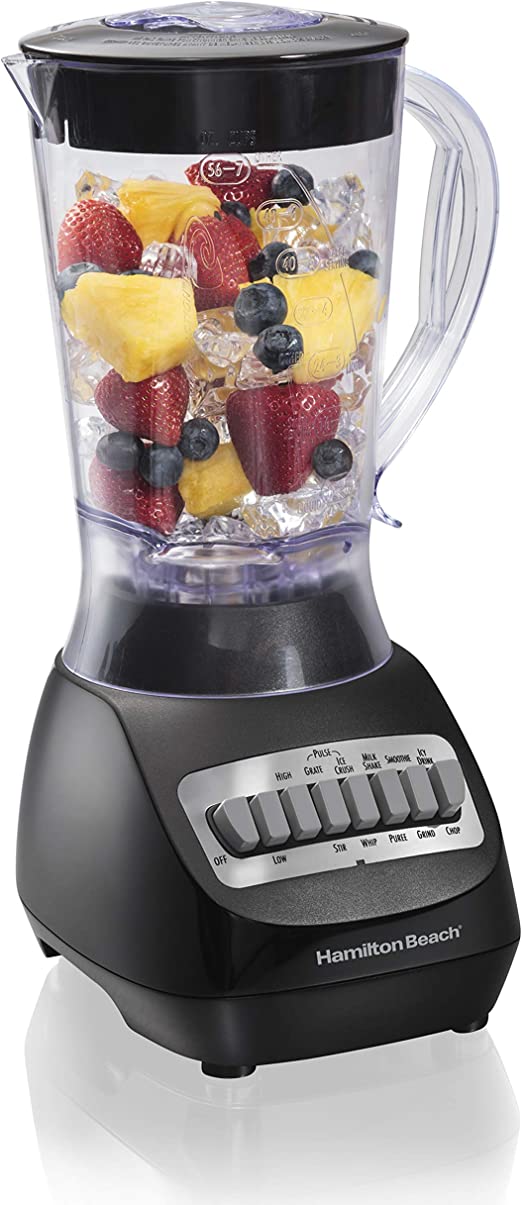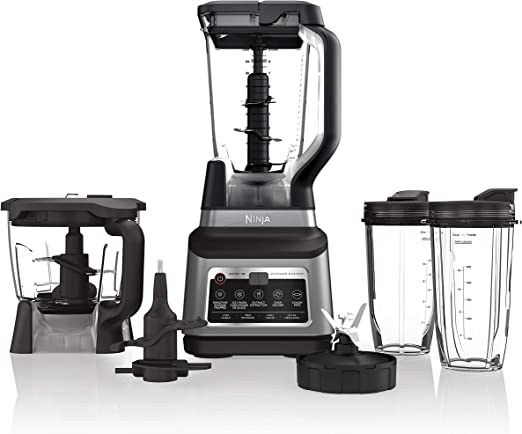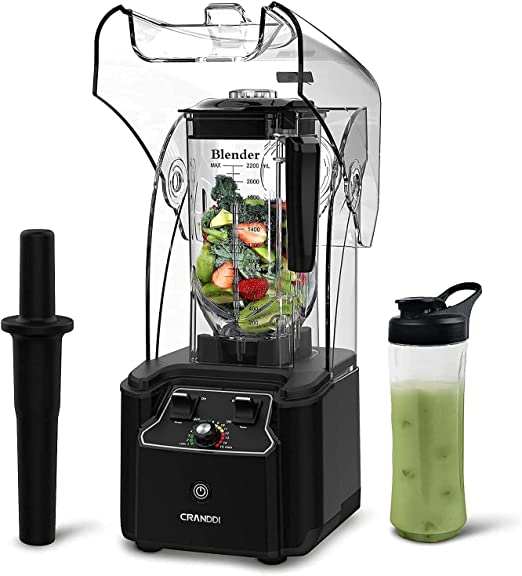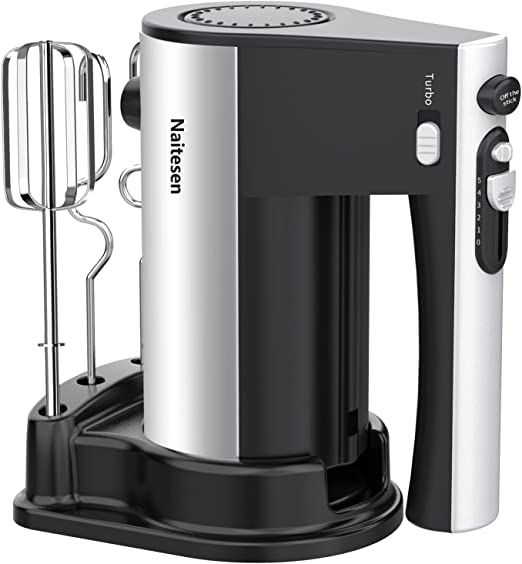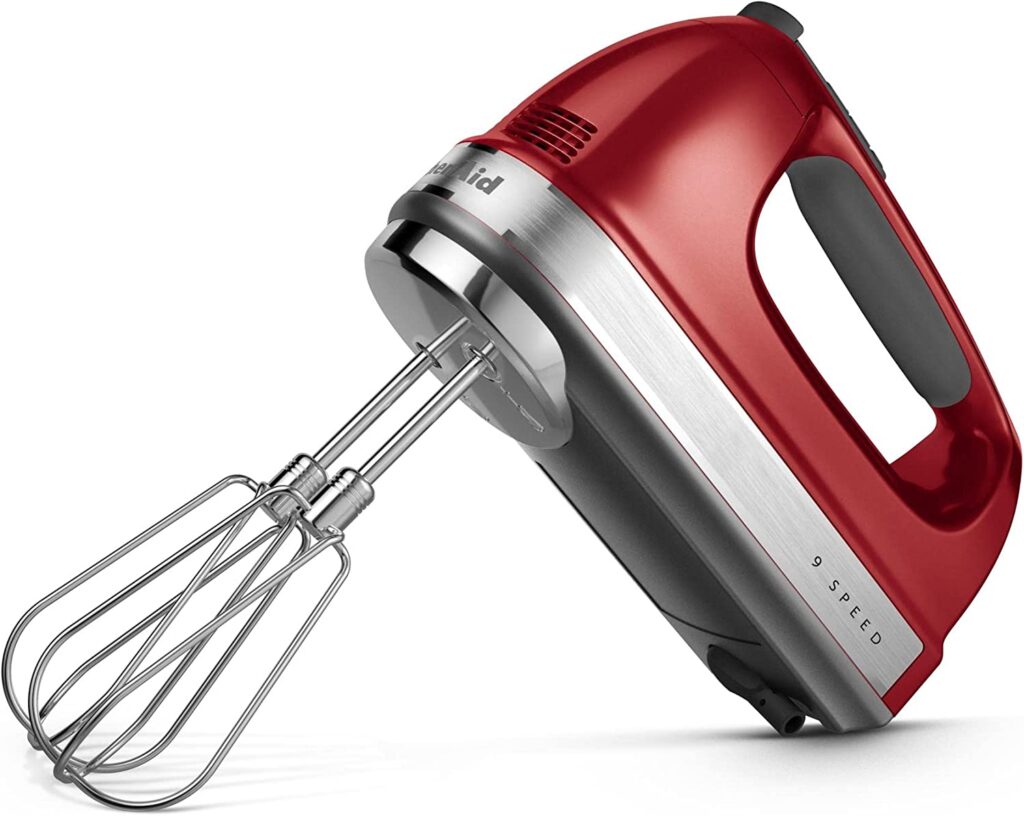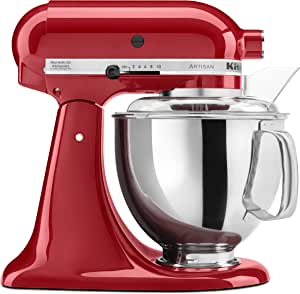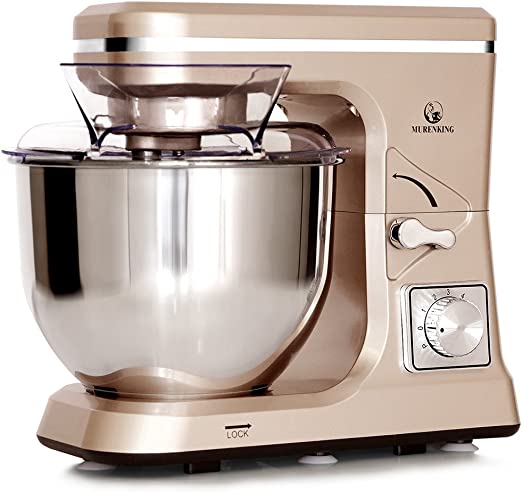All About Blenders!
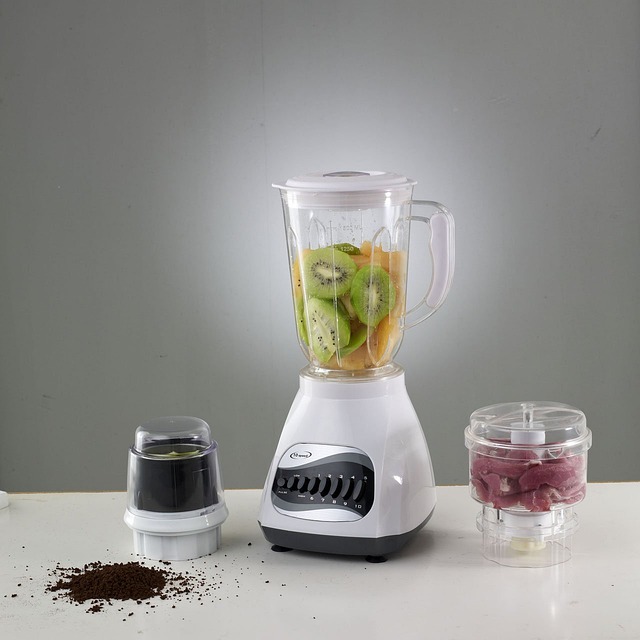
There are many blenders on the market worth considering when it comes time to replace your old ones. Your selection will depend on the cooking you’d like to perform. We broke this down into 2 categories for you: “Types of Blenders” and “Specs” of the blenders, followed by our top recommendations.
Blender Types:
1. Immersion Blenders
Also known as stick blenders, these are ideal for pureeing hot soups and sauces. With this tool, you won’t have to worry about the steam build-up that may occur in other sealed-type blenders resulting in severe burns if the lid pops off.
PROS
- You can use these right in the pot
- They can either come corded or cordless
- Variety of attachments
- They’re easy to clean, as long as you clean them right away
- Space saver for small kitchens
- Cost-effective
CONS
- They may not blend everything perfectly smoothly.
2. Single Serve Blenders
Often referred to as bullet blenders or personal blenders, these are quick to use and will make your drinks in a jiffy. You could also use them for making small batches of salad dressings, pancake batter, and blending sauces. They work well with thin liquids.
PROS
- There compact so they shouldn’t take up much space in your kitchen
- Easy to clean so as long as you clean it right away
- There light and quick to use
CONS
- Only a few select ones will pulverize seeds while most will not
- They have the potential to leak if you don’t tighten the base enough and could break if you overtighten it as well
3. Portable Blenders
This is something new to the market as I haven’t heard of this one prior to starting my research. They have a cool sleek design, I would remain cautious till I have the opportunity to test one out.
PROS
- It’s portable
- They charge via USB Cable
- There cordless
- Most charge in roughly 2.5 hours
- Should blend 8-12 drinks between charges
CONS
- Leaking can be a concern
- The potential of glass breaking during travel
4. Countertop Blenders
This is probably one of the most purchased household blenders due to their affordability. They are most often used to mix drinks for large crowds during your occasional house party and are not designed for high usage.
PROS
- Cost effective
- Easy to clean
- Multiple speed settings
- Lightweight
CONS
- Considered bulky
- Can be loud
- Not suitable for hot food
5. Multi-Functional Blenders
These blenders are exactly as the name says, multi-functional. They come with several attachments: blender, food processor, and single serve. They are designed to meet all of your cooking needs.
PROS
- Low to Medium price
- Variety of attachments
- Multiple preset settings
CONS
- Bulky
- Heavy
- Can be pricy
6. Commercial Blenders
These are probably the most expensive out of all the blenders. After all, they are designed to be used in high-traffic areas such are restaurants for mixing up your favorite drinks. Not all commercial blenders are created equal though, this is why you should always look at how long the warranty is good for. This will be a good indication of the quality of the product for all blenders.
PROS
- Long shelf life
- Meant for high use
CONS
- Expensive
- Bulky
- Heavy
7. Hand Mixers
Although these aren’t really a blender, I thought it would be fitting to include them in this category. They do come with a variety of attachments even though there probably most used with their beater attachments. They’re great for whipping up eggs, meringue, and whip cream.
PROS
- Variety of attachments
- Lightweight
- Space saver
- Cost effective
CONS
- Motor can overheat if used for heavy mixing
8. Stand Mixers
This is the baker’s and cooks’ dream equipment. You can do a lot with this equipment from making pasta, shredding meat, and making sausages if you have the right attachments. Although its probably most used for baking by whipping up cake batters and frosting.
PROS
- Variety of attachments
- Simple to use
CONS
- Expensive
- Bulky
This is probably the most important thing to be looking at when buying any appliance for your home. Hope this cheat sheet helps you with your next purchase as we wanted to create something that you can use on your next purchase.
1. Blade Quality
The quality of the blade is intertwined with the quality of the blender’s performance. Ideally, you’d like to find a blender with a diamond-cut stainless steel blade that is designed for grinding up food quickly. Along with assessing the quality of the blade is the design of the blade as they do different things.
Cross Blade
This is designed to mix everything thoroughly like shakes, smoothies, and baby purees.
Chopping Blade
This has 6 blades that run up the center stem of the blender and is meant for chopping nuts, cheese, and pureeing vegetables.
Mincer Blade
This has 2 blades and is usually found on stick blenders, which is best used for pureeing soups and mincing up veggies.
2. The material
The material is an important decision factor when shopping for a blender for most people.
Plastic
This is probably the most inexpensive material on the market when considering buying a blender. Even though they’re inexpensive, they can retain the smell of food, retain stains from the food that was used, and they may also crack when washed in the dishwasher. They are not dishwasher safe as some products claim to be.
Glass
The next up would be glass as it’s not as porous compared to plastic so it doesn’t retain smells or stains. However, it is fragile and may chip or even crack.
Stainless Steel
Having similar qualities to glass, it is also more durable in terms that it does not break as easily as glass if at all.
3. Speed and Power
I feel speed and power are tied together cuz, without the power, you couldn’t have different speed settings on our blenders as we do.
Power
This is measured in watts. The more watts essentially means the more power the blender will have and the more speed settings it could also have. A blender for household cooking should be sufficient with a minimum of 900 watts. If you’re looking for more of a commercial-style blender, you’ll need one with a minimum of 1200 watts.
Speed
Some blenders are sold with speed settings and others have a pre-set right on them. It just depends on your preference of what you’d like to have.
4. Warranty
Warranty is related to the quality of the product in most cases so the longer the warranty, the longer the manufacturer expects the product to last. This also means higher price tag.
5. Attachments
Not all blenders come with attachments so you’ll need to consider what you’ll be using it for and if the attachments are necessary. This will result in a higher price tag up front, but overall you should still be getting a decent bundle deal compared to buying everything separately.
6. Jar Capacity
Personal blenders come in smaller ounce capacities (14-24 ounces) while counter top blenders can hold up to 48 ounces.
7. Dishwasher Safe
You are pretty safe with throwing your glass and stainless steel items in the dishwasher. Where it gets iffy is with plastic, even if they claim to be dishwasher safe, they still tend to crack or warp and wear down over time.
8. Height
If you’re going to be leaving your blender on the counter for everyday use, then you may want to consider the height to ensure it will fit between the cupboards.
9. Price
The final thing to consider is the price you would like to spend and what features you can do without as this will play a factor in the price.
Recommendations:
Finally, we are at the recommendation section where I’ve tried to at least list 2 in each category of blenders for you to satisfy price tag points.
Immersion Blenders
- 625 Watts
- 5 speed settings
- Rubber guard to prevent scratches
- 5 foot cord
- Feels durable
- High Price $$$
- Corded
- No additional attachments
- 300 Watts
- 2 speed settings
- 1 year warranty
- Variety of fun colors
- Affordable $$
- No rubber guard to prevent scratches
- Corded
- No additional attachments
- blends 25 bowls of soup on full charge
- 7 speed setting
- Medium price point $$
- 2 hour charge from empty
- No additional attachments
Single Serve Blenders
- 750 Watts
- (2) 20oz cups included
- Medium price point $$
- 1 setting
- No additional attachments
- corded
- High Price Point $$$
- 300 Watts
- BPA free
- low price point $$
- (2) 18oz Bottles
- Overheating Protection
- No additional attachments
- Corded
Portable Blenders
- 175 Watts
- BPA free
- low price point $$
- 14oz Jar
- dishwasher safe
- 20 drinks between charges
Countertop Blenders
- 1200 Watts
- BPA free
- Feels heavy duty
- 56oz Jar
- No additional attachments
- Corded
- bulky
- bulky
- 650 Watts
- low price point $$
- 5 year warranty
- 56oz Jar
- BPA free
- No additional attachments
- Corded
- bulky
Multi-Functional Blender
- 1200 Watts
- Single serve cups x 2 (24oz)
- 72oz Jar
- BPA free
- dishwasher safe
- Processor bowl with chopping and dough blade
- Corded
- bulky
- high price point $$$
Commercial Blender
- 2200 Watts
- 20oz to-go cup
- 2.2 liters
- BPA free
- self cleaning
- 80oz jar
- 1 year warranty
- Corded
- bulky
- high price point $$$
Hand Mixers
- 600 Watts
- 10 Speeds
- self storage
- BPA free
- dishwasher safe
- 2 beaters and 2 dough hooks
- 1 year warranty
- low price point $$
- not great for dough
- heavy
- 100 Watts
- 9 Speeds
- Quick release button
- lightweight
- 2 beaters, 2 dough hooks, blending rod, pro whisk
- high price point $$$
Stand Mixers
- 325 Watts
- 10 Speeds
- Includes flat beater, dough hook and wire whiop
- other attachments sold Separately
- sold in a variety of colors
- 5 quart bowl
- extremely bulky
- heavy
- high price point $$$
- 600 Watts
- 6 Speeds
- Includes flat beater, dough hook and wire whiop
- other attachments sold Separately
- 1 year warranty
- 5 quart bowl
- Low price point $$$
- extremely bulky
- heavy
- no attachements
- Not as durable compared to kitchenAid
